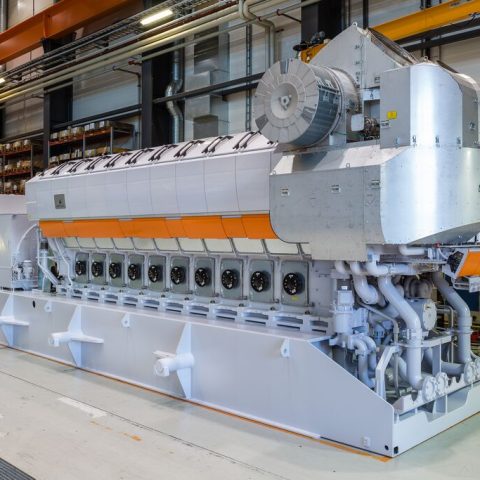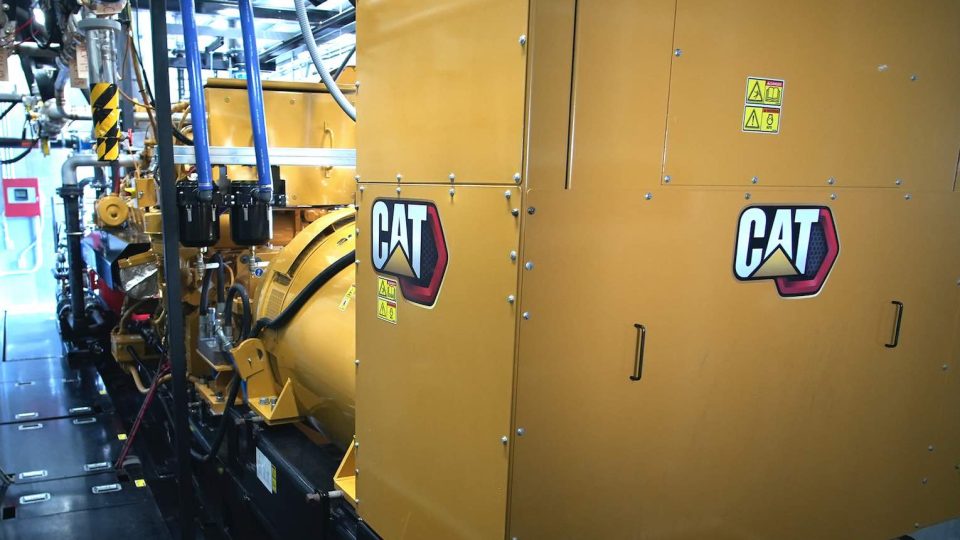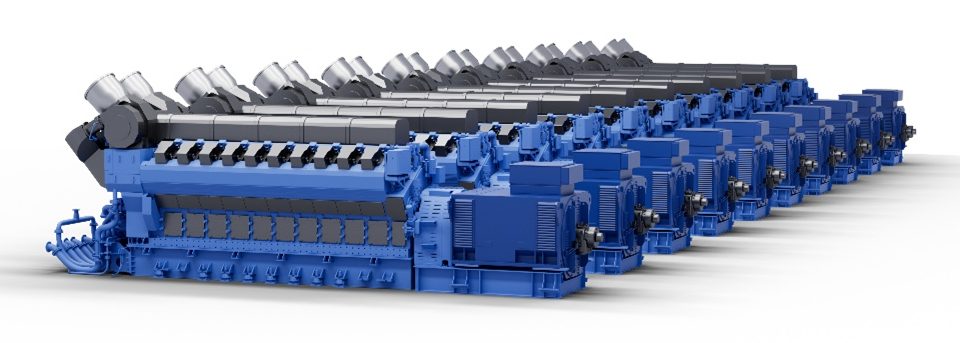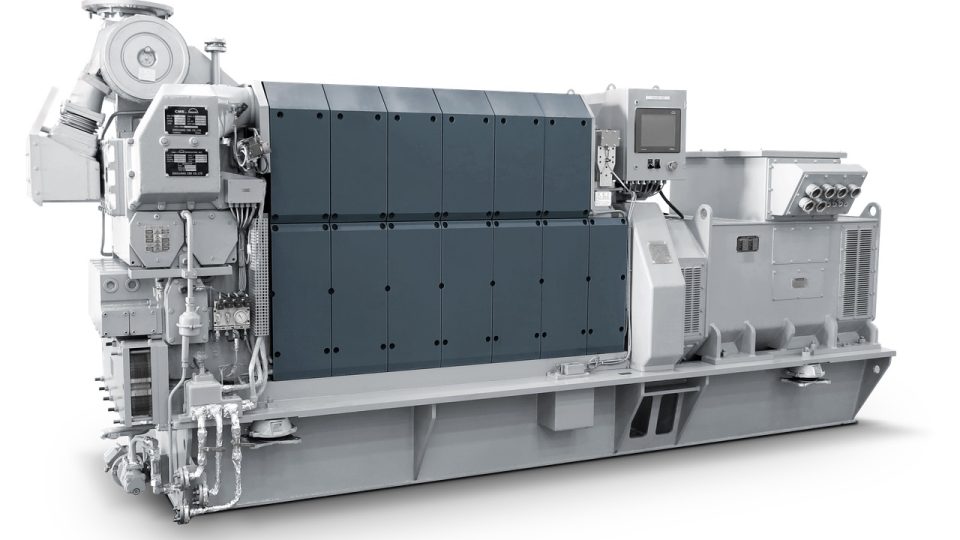Wärtsilä is powering Poland’s transition strategy
Wärtsilä has developed a strategy for Poland to transition from coal-dominated power and district heating (DH) systems to an energy system that runs mainly on renewables.

Wärtsilä has developed a strategy for Poland to transition from coal-dominated power and district heating (DH) systems to an energy system that runs mainly on renewables. In the new report, the modelling shows that the co-optimisation of Poland’s power and DH sectors over the next decade could save a cumulative €3.8 billion and reduce annual CO2 emissions in the power and DH sectors by 57% by 2032, despite the expected growth in electricity demand.
The report titled “Powering Poland’s Future: Optimising the Power System and District Heating for the Next Decade”, addresses Poland’s specific challenges related to the decarbonisation of its aged and inefficient coal-powered DH systems.
“Decarbonisation of district heating is technologically more difficult than of the power system. Wärtsilä’s study shows the path to decarbonisation by highlighting the importance of establishing flexible generating assets within DH systems. The deployment of heat pumps and Combined Heat and Power (CHP) gas engines has a pivotal role in balancing intermittent renewable generation,” says Louis Strydom, Director, Growth and Development at Wärtsilä Energy.
In the Polish power sector, the investments so far have mainly focused on large combined cycle gas turbine plants, overlooking the potential of coupling the power and DH sectors. Wärtsilä’s modelling results show that by co-optimising these sectors, Poland can reach several economic and energy milestones over the next decade. These include increase of the renewable energy share from 29% in 2023 to 68% in 2032 and reduction of the coal share in power production from 61% to 26% and in heat production from 80% to 8% by 2032.
“Despite inherent challenges, the future is bright for Poland’s power and DH systems. Our study shows that the knowledge and technology for optimising these sectors exist, offering myriad socio-economic opportunities along the way. The co-optimisation guarantees not only a more sustainable and efficient energy mix but also the most cost-effective transition pathway. Wärtsilä has the capabilities and experience to support Poland in its energy transition,” comments Louis Strydom.









